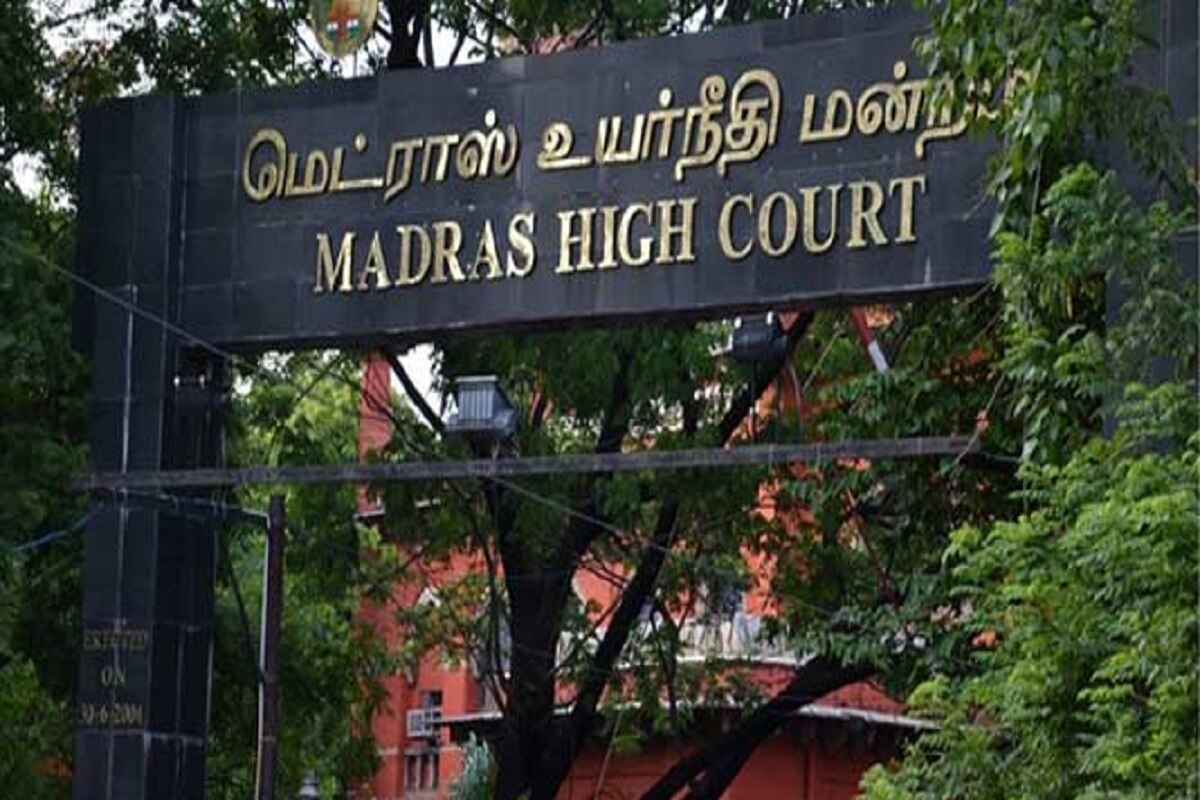The Madras High Court refused to review an order passed by the court which had hailed the prevalence of religious harmony in the country while imposing costs of ₹25,000 on Hindu Munnetra Kazhagam (HMK) president K. Gopinath for filing a case against the construction of a mosque in Chennai. The dismissal of the review plea filed by Gopinath was by a Division Bench of the High Court comprising Chief Justice Sanjay V. Gangapurwala and Justice D. Bharatha Chakravarthy.
“The Division Bench of this court, under the order sought to be reviewed, has considered the locus of the applicant and also the fact of religious harmony in India. No new grounds are set up in review. The review cannot be entertained as an appeal in disguise,” the Bench led by the Chief Justice wrote, as provided by the report of the Hindu.
The bench also noted that the power of the High Court to review a judgment can only be exercised in cases where there is an apparent error in the record. The bench found that there was no said error in the judgment against which the review application was filed. “The jurisdiction of this court in review is in a narrow compass and can be exercised only upon an error apparent on the face of the record. There is no error apparent on the face of the record. In view of the above, the review application is dismissed.”
The current review plea had been filed against the order passed by a Division Bench of the High Court on April 17, 2023 wherein the court had taken exception to the petitioner, a resident of Tiruppur, objecting to the construction of a mosque in Chennai. In its order, the bench comprising the then Acting Chief Justice T. Raja and Justice Chakravarthy had observed that the petitioner had also not explained as to what harm would be caused by converting an Arabic college into a mosque.
“The petitioner has simply mentioned that there is a temple called Subbaiah Mutt Sivan temple nearby the place in question and if the Arabic college is converted into a mosque, there will be a public nuisance. In our considered opinion, the apprehension of the petitioner is unfounded,” the Bench led by the then ACJ had said, as per the report of the Hindu.
The bench led by the then ACJ had further emphasized upon religious harmony, an idea supported and encouraged by the Constitution of India.
The bench had stated: “The Constitution of India supports and encourages religious harmony. Probably, the petitioner is unaware of the fact that in Karaikal, inside the Arulmighu Angala Parameswari Temple, a Muslim Saint, by the name of Mutthalu Ravuthar, was buried and people belonging to both communities worship both the deity as well as the Dargah by lighting lamps or incense sticks, as the case may be. When there is such religious harmony in diversity in this land, we do not find any substance in the apprehension of the petitioner that riots may occur if the college is used as a mosque.”
Notably, while dismissing the writ petition, the Bench had also directed the petitioner to pay costs of ₹25,000 to the Madras High Court Advocate Clerks Welfare Association.
Related:
As the ruling party peddles hate, the people of Assam live in harmony and hope
India revels in Durga-Pooja with zest, harmony overrides the hate
India’s Struggle for Social Harmony: Challenges Amidst Surge in Hate Speech
Haryana’s farmers’ Mahapanchayat: Fostering unity across communities, vowing for communal harmony

